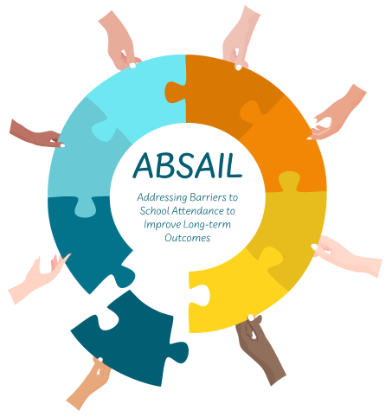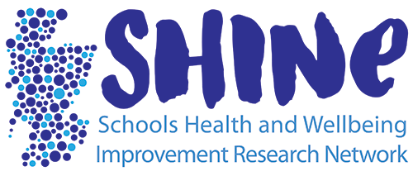Addressing Barriers to School Attendance to Improve Long-term Outcomes (ABSAIL)
Extended school non-attendance is a growing concern across Scotland and the UK. Low attendance at school has a detrimental impact on academic achievement, emotional development, as well as peer relationships.
Emotionally based school non-attendance (EBSNA) is the term used to describe persistent absence from school due to emotional or psychosocial factors, often leaving young people feeling unable to engage with their education.
Established in 2024, the ABSAIL research project (funded by the Chief Scientist Office of the Scottish Government) aims to identify ways to improve health, social and educational outcomes for young people experiencing EBSNA by exploring the issues from a school and family/young person perspective and looking at what can by done by schools (and related services) to better support young people who are affected.
ABSAIL’s research is grounded in evidence-based methods, including:
- Mapping National and Local Policies: Reviewing policies around school attendance and EBSNA across the UK to understand the broader context and identify gaps in support.
Emotionally Based School Non-Attendance (EBSNA) in a Scottish Local Authority Context. Policy Mapping and Document Analysis Executive Summary, February 2025.
- Literature Review: Identifying effective interventions and support strategies that have shown promise in helping young people experiencing EBSNA.
- Case Study Research: Collaborating with 6 local authorities, schools, young people, and families to investigate current practices and challenges in managing EBSNA.
- Co-Design: Working with stakeholders to develop tailored recommendations and practical support materials for schools, ensuring young people get the help they need.
If you're interested in learning more or becoming involved with the project, please reach out to us at: ebsna@glasgow.ac.uk.



